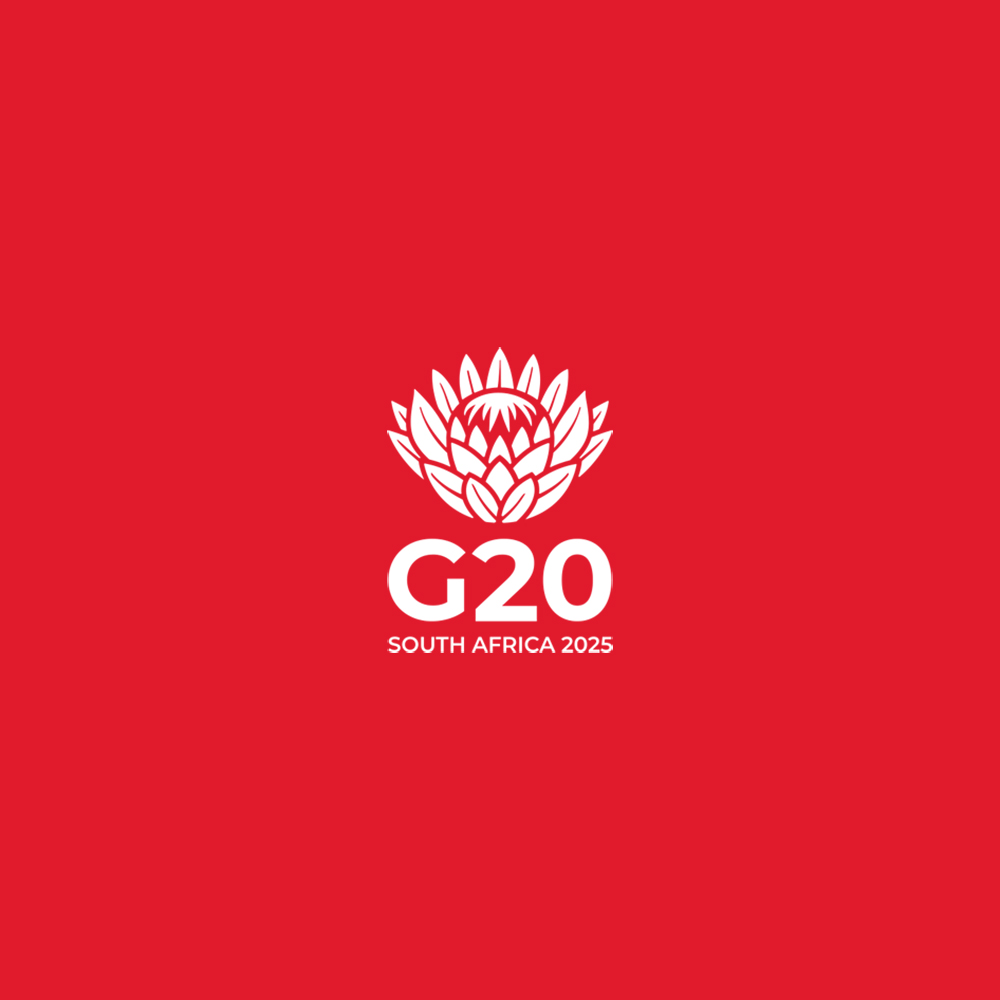Focus:
Living and working in a unequal world: ensuring decent work and decent lives
Priorities:
- Inclusive growth and youth employment.
- Gender equality in the workforce.
- Addressing inequality and a declining labour income share and the implications for living standards.
- Digitalisation, platform work and inclusive future of work.
Deliverables:
- Revitalising the Antalya Goals, focussing on youth unemployment and young people not in employment, education or training (NEETs) in the digital age, aims to reduce disparities by equipping young people with the essential skills they need to thrive in the evolving digital economy. This proposed outcome, aligned with SDG4 and SDG8, emphasises education reform, vocational training in digital skills and support for entrepreneurship. Thus, G20 countries have an opportunity to empower youth, promote inclusive economic growth, and position themselves as leaders in leveraging digital transformation for sustainable development.
- Resuscitating the Brisbane Goal, with a renewed focus on gender pay gaps within G20 countries, aims to achieve equal pay for equal work, aligning with SDG5 and SDG8, advocating for gender equality and decent work. Drawing on international frameworks like International Labour Organisation (ILO) conventions, such as C111, C100, C156, C183, and C190, can foster fair workplace environments and support family responsibilities. Setting clear targets and monitoring progress will promote economic fairness, social justice and sustainable growth. Reviving the Brisbane Goal would demonstrate G20 leadership in gender equality, inspiring global efforts towards fair wages and fostering a more inclusive economy.
- How G20 countries can strengthen legal protections for worker rights, including unionisation and fair wages, extending these to non-standard and informal workers. Enhancing collective bargaining and enforcing minimum wage laws can significantly reduce income inequality and improve living standards. This approach will lead to more inclusive and sustainable economic growth, benefitting both the workforce and the broader economy.
- Open discussion and information sharing to contextualise the impact of digital technologies on labour regulation in G20 countries. This discussion will explore various aspects such as digital platforms, remote work arrangements, AI-driven automation, and the gig economy, considering their global implications on employment rights, working conditions and social protection.






























